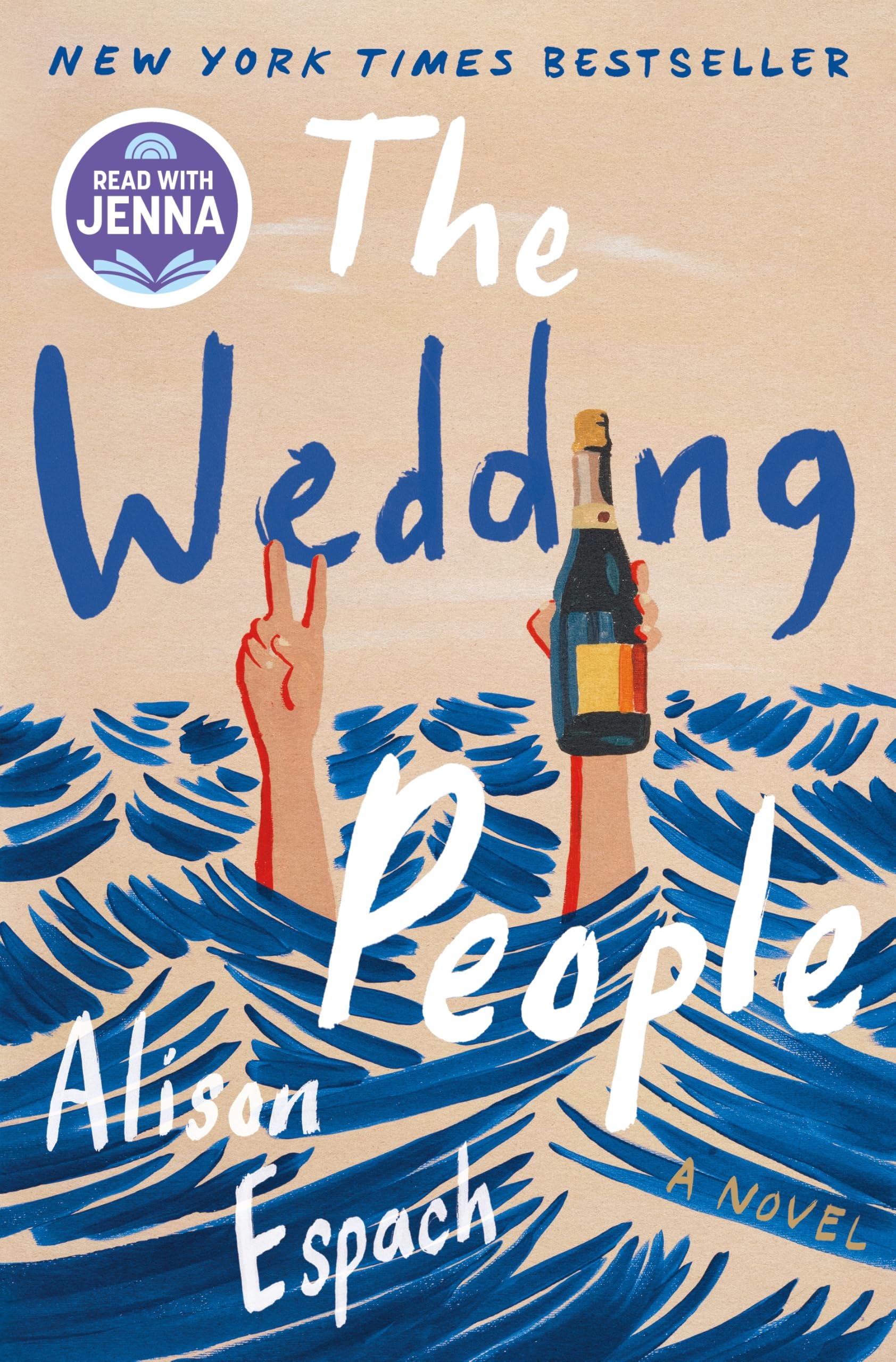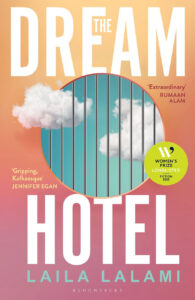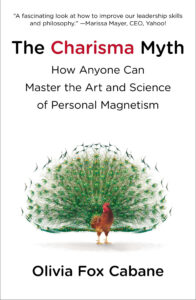
Author: Alison Espach
Genre: Contemporary Fiction / Literary Romance / Emotional Comedy
Ideal For: Fans of witty, character-driven stories about midlife reinvention, the unexpected bonds formed at weddings, and the messy beauty of second chances
Why I Picked It Up
I’d heard buzz everywhere—You know, that one novel everyone can’t stop talking about, the book that upset BookTok and turned into a Goodreads darling. The Wedding People sounded like a light read backing into something far deeper. A woman checks into a wedding weekend to die, but ends up maybe finding a reason to live? That headline was sharp enough to pull me in.
Plot Summary (Spoiler-Free)
Phoebe Stone checks into the lavish Cornwall Inn in Newport, Rhode Island—alone, wearing a green dress and no luggage, intending to end her life. Instead, she’s the only guest not there for the wedding—a week‑long spectacle planned by Lila, whose walking‑on glass level of control would leave an army of planners reeling.
They meet in the lobby. Phoebe, honest and at rock bottom, casually admits she’ll kill herself. Lila, furious about her perfectly curated wedding collapsing, instead demands Phoebe stick around. And thus, Phoebe is unofficially drafted into the wedding people—becoming confidante, voice‑of‑reason, and unintended mole in a weekend full of secrets, insecurities, and tears.
Why It Works So Well
1. Phoebe Is a Brilliant Antiheroine
She’s an adjunct literature professor with no tenure, recent divorce, unanswered fertility treatments, and quiet grief only her cat knew. She’s sharp, sometimes cruel, but utterly relatable. Her inner monologues—“What really is love if it doesn’t feel visible?”—are painful and wry in equal measure. Phoebe isn’t seeking transformation; she just wants to survive the weekend. But she has this rare gift: brutal honesty that unravels expectations around her like seams.
2. Lila, the Bride Who Isn’t Just a Bride
Lila could’ve been a caricature. Instead, she’s youthful, anxious, beautiful—and deeply flawed. She’s obsessed with perfection yet terrified of imperfection showing up. Phoebe sees through her, and so does the reader: Lila wants control because chaos terrifies her—and maybe she’s lonely, too. Their bond isn’t sister‑hood overnight. It’s messy, skeptical, and precisely the kind of intimacy two strangers might fold into each other in a crisis.
3. Funny, Even When It Hurts
Espach skews absurdity better than most. The recurring coconut pillow (really a real hotel item!) becomes a running joke, and moments like a guest slipping on marble floors, or Phoebe pointing out TMI moments during vows, are laugh‑out‑loud funny. Yet she threads these with pain—discussions of grief, parental approval, infertility, job precarity—so that jokes land with bittersweet weight.
4. A Wedding as Emotional Petri Dish
Espach uses the week‑long wedding structure brilliantly. The rituals (bachelorette party, rehearsal dinner, nude paintings, golf cart chaos) expose character after character. The groom’s daughter refuses to call the bride “mom,” the photographer Sophie quietly harbours trauma, the mother‑in‑law wields both power and bitterness. Phoebe becomes the unofficial therapist to the cast, offering blunt feedback people need more than they want.
5. An Academic’s Tell of Invisible Work
Phoebe’s adjunct life—teaching without tenure, constantly proving worth, erased career dreams—echoes loudly. It’s not just her divorce but the whole system failing her: invisible labor, invisible grief. Espach gives voice to professional women balancing care, ambition, and survival. It’s subtle, but feels righteous and rare.
My Small Quibbles (Why It Didn’t Get Five Stars)
- Mid‑Book Slump: The pacing drags at times. Between cocktail hours and rehearsals, Phoebe’s backstory surfaces in layers—but the momentum slows. I sometimes found myself skimming guest chapters that felt more plot filler than emotional payoff.
- Trope Alert: A subplot—soft cheating hints—felt at odds with Phoebe’s emotional fragility. Many readers flagged it as needlessly convenient, and while it resolves without betrayal, it left a taste of predictability in an otherwise nuanced tale.
You’ll Love This Book If You Enjoy…
- The Midnight Library by Matt Haig – for a reflective, deeply human take on second chances
- In Five Years by Rebecca Serle – for yearning, friendship-turned-love arcs that redefine expectations
- The Guncle by Steven Rowley – for sharp wit, ensemble chaos, and emotional redemption
- The People We Hate at the Wedding by Grant Ginder – for wedding chaos plus soulful redemption
Best Moments I Loved
- Phoebe calling out the coconut pillow obsession: when Lila first offers it, Phoebe mutters, “So this is Newport’s biggest lifesaver.” That kind of awkward truth slicing through ceremony had me smiling—and nodding.
- The heart-to-heart with Juice: Lila’s step-daughter—angry, grieving, caustic—ends up having one of the most honest survival talks with Phoebe. It’s one of those unlikely, healing friendships that crack wide open.
- Phoebe and Lila’s final beach walk: not romantic, more sisterhood than anything. They share quiet realisations and the promise that life is bigger than the moment you end it. It felt earned.
Final Thoughts
The Wedding People surprised me. I came expecting hearty rom‑com tropes, but found myself immersed in a character study of grief, resilience, absurdity, and compound hope. Espach writes with compassion for women undone by disappointment, and she shows how the smallest acts of empathy can reroute life.
It’s four stars because its pacing wobbles and one trope feels offbeat, but those are small flaws in a novel that is emotionally generous, sharply observed, and often wildly funny. Phoebe doesn’t start seeking meaning—only to keep a promise to herself—but by the end, she discovers something like belonging.
It’s not a romance; it’s not a beach novel. It’s the novel you didn’t expect to need—but once it lodges in your mind, you keep turning pages in your head, days later.


